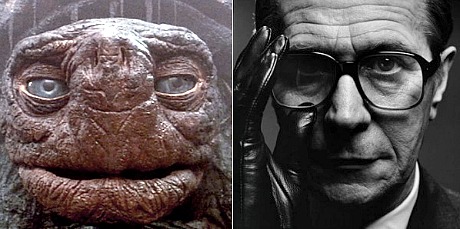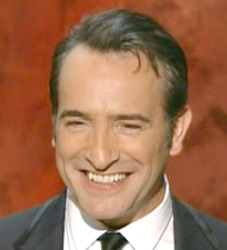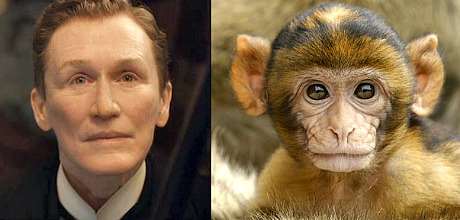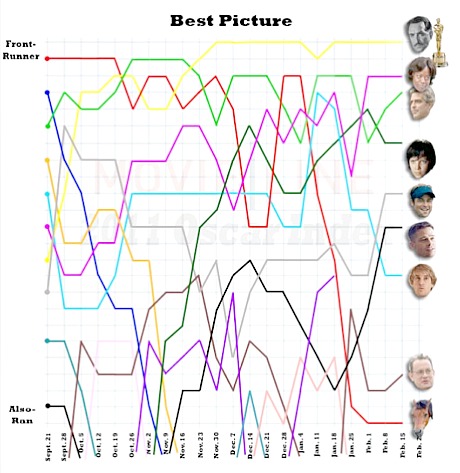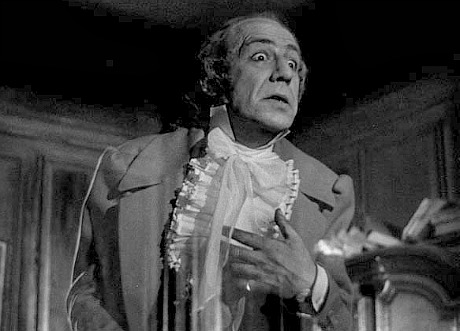Captain! Captain! German U-boat sighting off the port bow! Torpedos heading this way! Hard left rudder, man! Harder! Do you want this ship to sink?
Disney’s $250 million John Carter, a sci-fi fanboy adventure pic that opens in three weeks (Friday, 3.9), is in some kind of trouble, and maybe worse than that. A couple of hours ago Deadline‘s Nikki Finke reported that it’s all but dead due to soft tracking. (“Dead” in relation to the huge cost and prospective return, I mean.) There’s even concern, voiced by a rival studio exec, that “this could be the biggest write-off of all time.”
Maybe it’s as bad as all that or maybe not, but the situation obviously isn’t good .
“Our world is dying,” a female voice says on the Carter trailer. “You may be the only one who can save us.” I hear awful dialogue like that and I look at the blatantly CG-ish effects, and I just turn away. Pathetic.
The marketing exec who would be tickled pink if Carter goes down says that tracking is “2 unaided, 53 aware, 27 definitely interested and 3 first choice.” I’m not a tracking expert, okay, but I know enough about it to know that these numbers are not what anyone would call encouraging. A second studio guy tells Finke that the tracking report “just came out [and] women of all ages have flat out rejected the film.”
Captain! Water pouring into the engine room! Tell the crew to put on lifejackets and prepare to evacuate! Brrnnng! Brrnng!
Slashfilm’s Peter Sciretta tweeted last night that “the first big press screening of John Carter happened tonight but no one is allowed to tweet their reactions.” Does that mean it blows or…? If John Carter is taking on water and possibly in danger of foundering, wouldn’t Disney publicists at least want some spirited geek buzz flying around to help raise the stock?
Calling all geeks and fanboys! John Carter needs your help! Sciretta! Devin Faraci! Katey Rich! All the freeloaders attending the John Carter press junket in Carefree, Arizona…we need you! Wait…is Ed Douglas there?
“Disney is nervous, really nervous, but trying to hold out some hope,” Finke writes. “‘We know that we have a long way to go,’ a Disney insider confides. ‘It’s still four weeks out, and the bulk of the media hasn’t hit yet. Our Super Bowl ad did what we intended it to do: have a pop of awareness. On Sunday we launch a full campaign with 90% of all of our media ready to go.”


